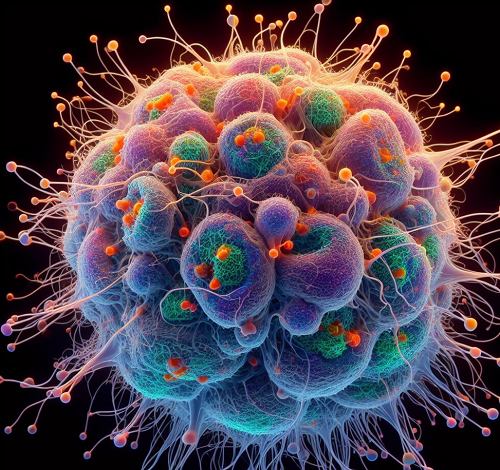Wharton's Jelly Stem Cells, Injection, Function, Cost, Reviews
The umbilical cord contains a gelatinous substance called Wharton's jelly, or substantia gelatinea funiculi umbilicalis, which is primarily composed of mucopolysaccharides (hyaluronic acid and chondroitin sulfate). This specific type of connective tissue offers protection against compression and torsion in response to the movement of the fetus. Pregnancy conditions including preeclampsia and gestational diabetes mellitus are known to change Wharton's Jelly.
Wharton's Jelly Stem Cells
Wharton's Jelly Stem Cells are a type of mesenchymal stem cell found in the umbilical cord's gelatinous substance known as Wharton's Jelly. Unlike embryonic stem cells, they are ethically non-controversial, making them a promising candidate for various medical applications.

Wharton's Jelly Injection
Wharton's Jelly injections are used in regenerative medicine to treat tendonitis, knee pain, arthritis, and other conditions. Hyaluronic acid and growth factors in the injections lubricate and build cartilage. They contain anti-inflammatory qualities and can help in the restoration of deteriorated tissue while also offering pain relief.
Wharton's Jelly Function
Wharton's jelly is a gelatinous connective tissue found between the umbilical vessels and the amniotic epithelium in the umbilical cord. It also maintains bidirectional blood flow between the fetus and mother, essential for fetal development.
Wharton's Jelly injection cost
The price of Wharton's Jelly injections varies based on the provider and the procedure. Wharton's Jelly is priced per million cells at Synergy Naturopathic, with costs as follows:
$1,750 for a million cells
$3,500 for 2 million cells
$5,000 for 3 million cells (plus an extra $1,500 for each cc)
Wharton's Jelly Reviews & Research
The MSCs (Mesenchymal stem cells) from Wharton's jelly have been the subject of a great deal of research because of their possible uses as therapeutics in regenerative medicine. Medical research has been conducted on them to treat a wide variety of disorders, such as immunological diseases, hepatic diseases, neurological diseases, cardiac diseases, musculoskeletal diseases, hematological diseases, and many more.
 Reviewed by Simon Albert
on
December 04, 2023
Rating:
Reviewed by Simon Albert
on
December 04, 2023
Rating:











